When your home or commercial property was built, it was specifically designed to support certain loads, and to withstand a certain level of abuse from the natural elements. Nevertheless, structures do occasionally fall down or cave in. Sometimes this happens as the result of a damaging weather event, although a falling, tumbling down, or near total destruction of a property can also be brought about by unusual or extraordinary circumstances, such as blast vibrations from nearby demolition sites, or even hidden decay.
Do Homeowners Insurance Policies Cover Collapse Damage?
Regardless of whether or not your PA or NJ homeowners policy covers collapse damage, the unfortunate reality is that insurers have become very clever when it comes to describing their definition of collapse. Policy language surrounding collapse claims tends to be very ambiguous. In fact, without the help of a public adjuster, who works only to protect your interests, your chance of successfully filing a collapse insurance claim is exceedingly slim.
Why Are Collapse Insurance Claims So Tricky?
Again, it almost always comes down to the language used in policies to describe the definition of a collapse. Most carriers have policy language that defines a collapse in terms that are both very specific and frustratingly vague. Our licensed public adjusters are specially trained to understand and unravel that language, and to ultimately get you the money you deserve.
Remember: Our compensation is always tied directly to yours, which gives our adjusters an even bigger incentive to successfully settle your case.
Here's an example of fairly typical collapse policy language. Written by an insurance company, it attempts to explain the various scenarios under which a collapsed structure may — or may not — be covered:
a. With respect to buildings;
(1) Collapse means an abrupt falling down or caving in of a building or any part of a building with the result that the building or part of the building cannot be occupied for its intended purpose;
(2) a building or any part of a building that is in danger of falling down or caving in is not considered to be in a state of collapse;
(3) a part of a building that is standing is not considered to be in a state of collapse even if it has separated from another part of the building;
(4) a building that is standing or any part of a building that is standing is not considered to be in a state of collapse even if it shows evidence of cracking, bulging, sagging, bending, leaning, settling, shrinkage or expansion.
As you can see, that's the sort of ambiguous language that could very easily leave the owner of a collapsed property without any compensation whatsoever, even if his policy claimed to cover collapse damage.
A Public Adjuster Can Help
No matter what sort of collapse damage you may be dealing with, it's important to discover the full extent of any loss that may have occurred. Not all types of damage may be readily apparent to you. An experienced public adjuster licensed in Pennsylvania and New Jersey is trained to estimate the full reach of any damage, and to value your claim accurately.
If you've experienced collapse damage to your home or business due to hidden decay, vibration, a severe weather event, or any other reason, contact us immediately.
Remember, your insurance provider hires professional adjusters to protect their interests. You should do the same.


